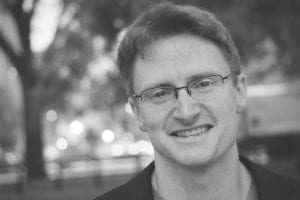Here’s a PDx interview with GW graduate student Mohammad Fayaz Yourish. He is in his final year of the MA program in Global Communication, graduating this December. As an international student who has studied in India and Italy, he shares his experiences of coming to the U.S. for graduate school. In the podcast, Fayaz reflects on his time at the George Washington University and living in the nation’s capital.
“Diversity of the GW campus is very important and I think every student must make the best of that while being at GW.”
Mohammad Fayaz Yourish, MA Global Communication, Dec 2024
From his very first semester, Fayaz has given a lot of support to IPDGC events and GW student-focused activities such as the Walter Roberts Annual Lectures which feature leading voices in global communication or public diplomacy; hosting the State Department’s International Women of Courage panel at GW, and career talks with alums of the Global Communication MA program.
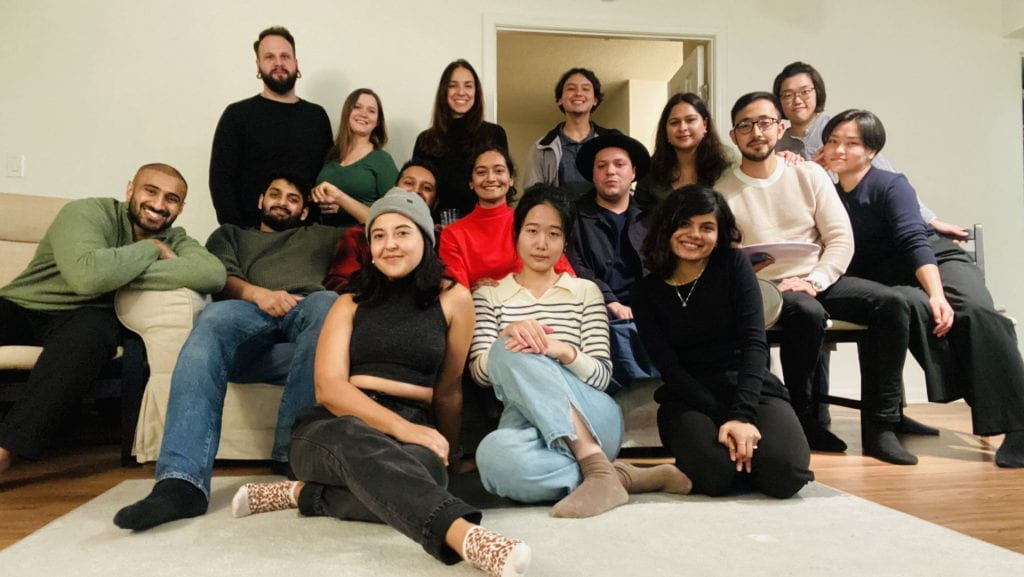
Fayaz has also been working on student engagement which means attending conferences like the Global Ties US National Meeting where public diplomacy practitioners, community organizations and government agencies gather – taking the opportunity to talk to attendees about the Global Communication program at the Elliott School.
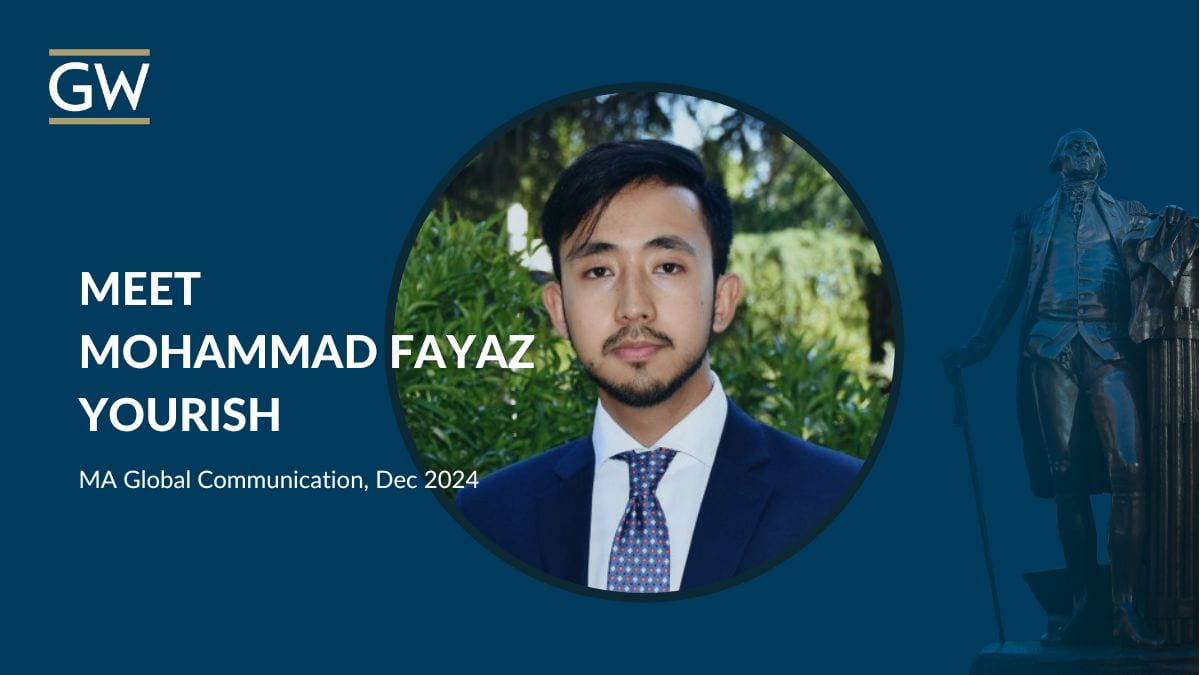


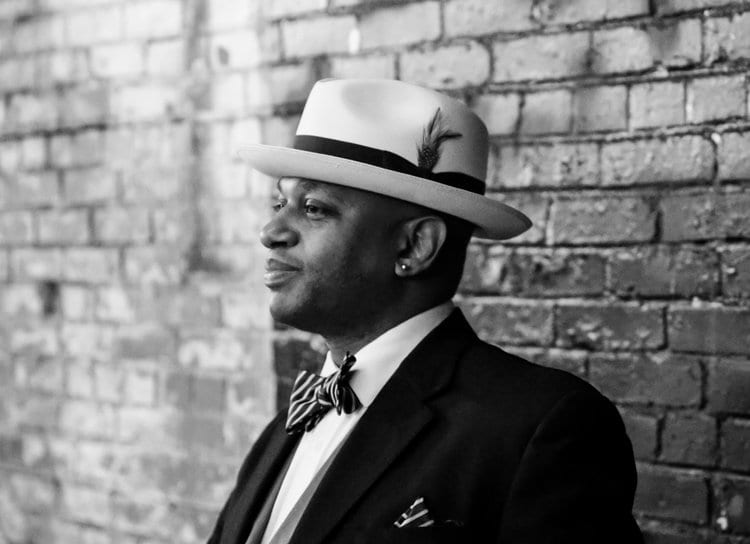

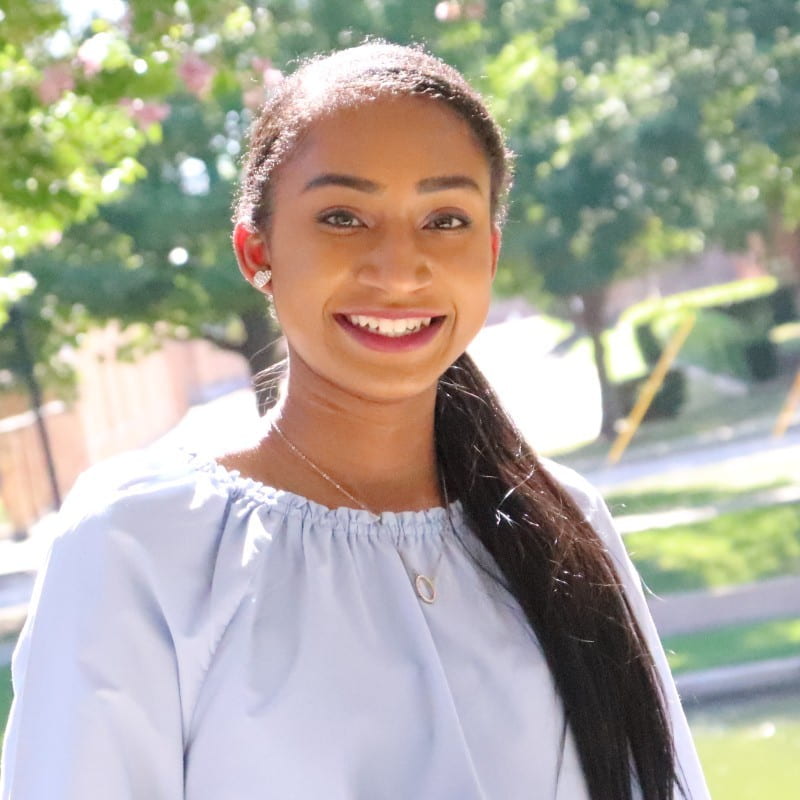

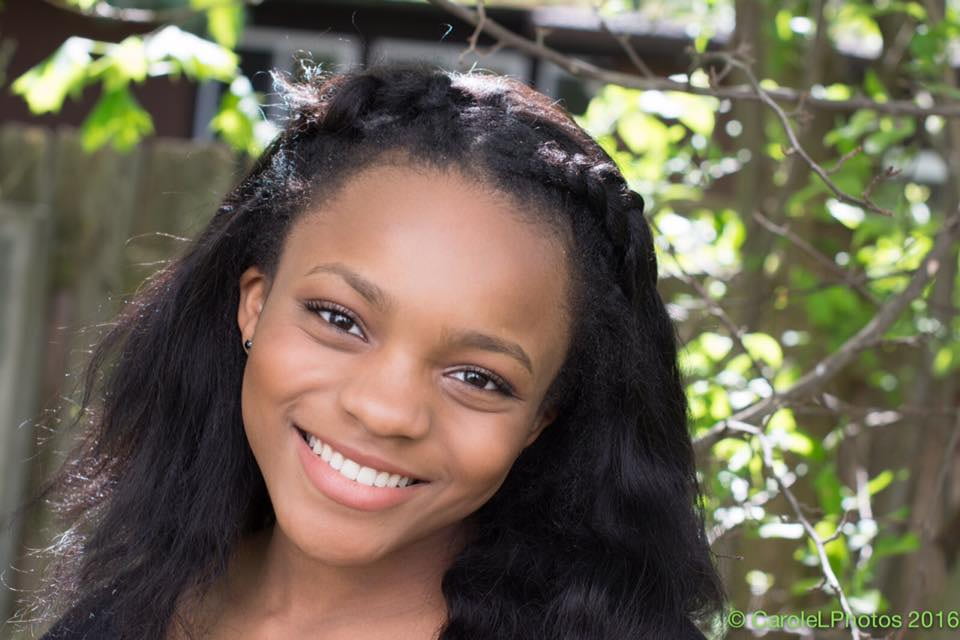





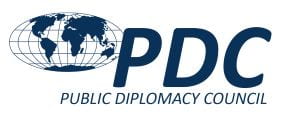
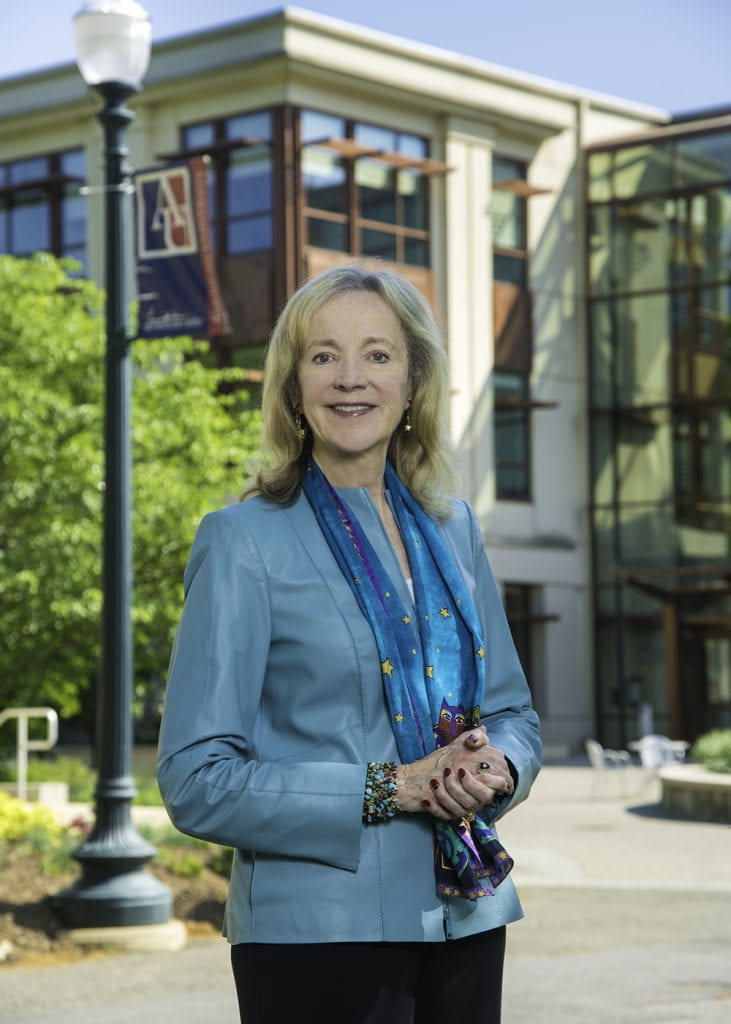

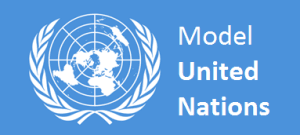
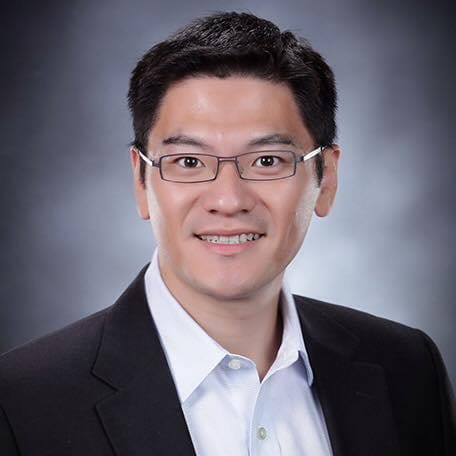
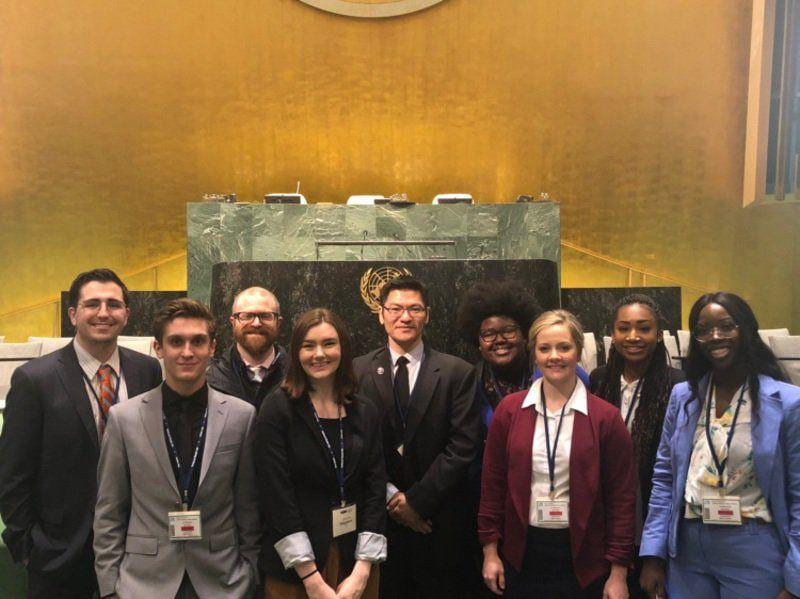
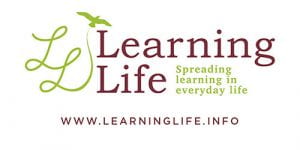 Also, the US State Department presents 2020 Citizen Diplomacy Awards
Also, the US State Department presents 2020 Citizen Diplomacy Awards